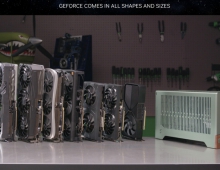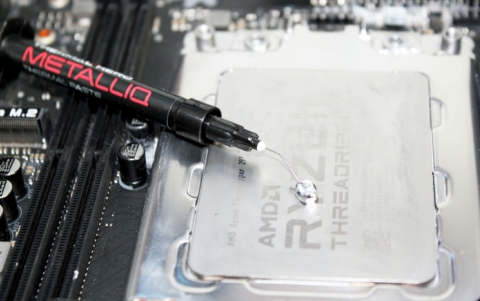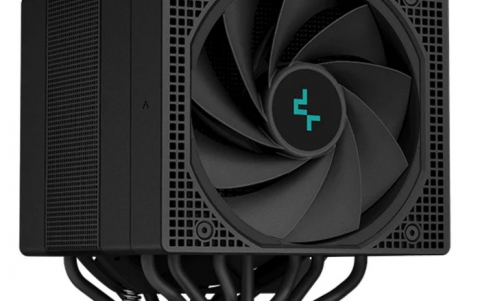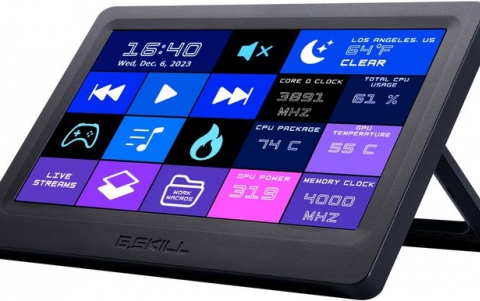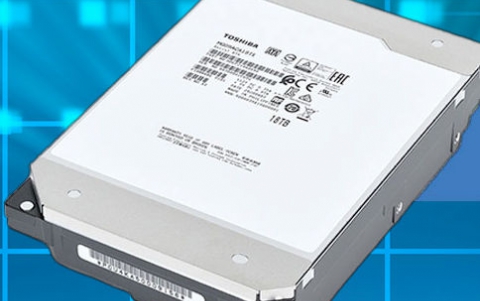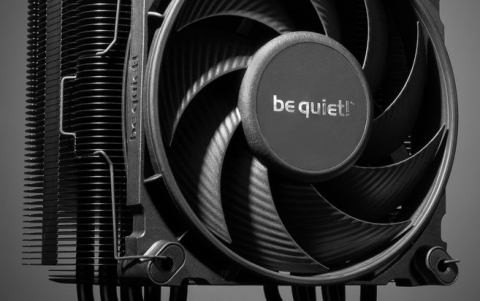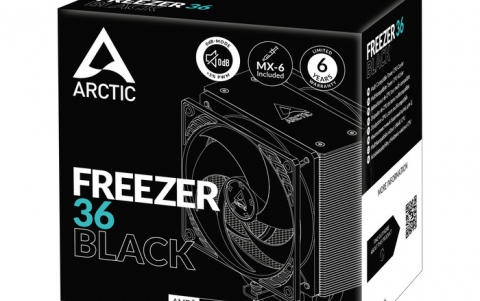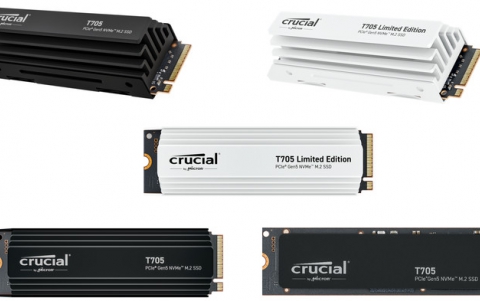
Nvidia Buys Phone Chipmaker Icera
Nvidia announced today that it has agreed to acquire Icera, an innovator of baseband processors for 3G and 4G cellular phones and tablets.
Icera has more than 550 patents granted or pending worldwide, and its high speed wireless-modem products have been approved by more than 50 carriers across the globe.
The acquisition, for $367 million in cash, has been approved by both companies' boards of directors and is expected to be completed, subject to customary closing conditions, in approximately 30 days, according to Nvidia.
"This is a key step in NVIDIA's plans to be a major player in the mobile computing revolution," said Jen-Hsun Huang, President and CEO of NVIDIA. "Adding Icera's technology to Tegra gives us an outstanding platform to support the industry's best phones and tablets.
"Icera is a perfect fit for NVIDIA. Our businesses are complementary. Icera has the right team, with a strong, proven track record. And their nimble, entrepreneurial, engineering-focused culture mirrors our own," he continued.
Huang added that NVIDIA intends to continue to collaborate with its existing baseband partners and respect its customers' preferences in combining application and baseband processors.
This is a significant step forward in NVIDIA's strategy to be the processor company for the post-PC era. Over time this deal is expected to give the company a more complete and optimized mobile platform, immediately opens the door to the fast-growing baseband processor market.
Icera's baseband and RF technologies span 2G, 3G and 4G networks. Joining them with Nvidia's Tegra mobile super chip could result in a powerful combination. Tegra has secured a number of design wins across the mobile device spectrum.
Nvidia's OEM partners will reap the benefits of faster time-to-market, better integration and enhanced performance. The deal will also open up a new market to NVIDIA. The $15 billion global market for baseband processors is one of the fastest-growing areas in the industry.
Looking ahead, Icera's programmable baseband processor architecture will allow NVIDIA and its OEM customers to adapt signaling algorithms in the mobile telecommunications market - network responsiveness is critical to delivering on the promise of untethered wireless visual computing. Icera?s architecture makes it possible to cleanly integrate their baseband processor into system and software platforms rapidly and, ultimately, into the super chip itself, if that?s the best product approach.
The acquisition, for $367 million in cash, has been approved by both companies' boards of directors and is expected to be completed, subject to customary closing conditions, in approximately 30 days, according to Nvidia.
"This is a key step in NVIDIA's plans to be a major player in the mobile computing revolution," said Jen-Hsun Huang, President and CEO of NVIDIA. "Adding Icera's technology to Tegra gives us an outstanding platform to support the industry's best phones and tablets.
"Icera is a perfect fit for NVIDIA. Our businesses are complementary. Icera has the right team, with a strong, proven track record. And their nimble, entrepreneurial, engineering-focused culture mirrors our own," he continued.
Huang added that NVIDIA intends to continue to collaborate with its existing baseband partners and respect its customers' preferences in combining application and baseband processors.
This is a significant step forward in NVIDIA's strategy to be the processor company for the post-PC era. Over time this deal is expected to give the company a more complete and optimized mobile platform, immediately opens the door to the fast-growing baseband processor market.
Icera's baseband and RF technologies span 2G, 3G and 4G networks. Joining them with Nvidia's Tegra mobile super chip could result in a powerful combination. Tegra has secured a number of design wins across the mobile device spectrum.
Nvidia's OEM partners will reap the benefits of faster time-to-market, better integration and enhanced performance. The deal will also open up a new market to NVIDIA. The $15 billion global market for baseband processors is one of the fastest-growing areas in the industry.
Looking ahead, Icera's programmable baseband processor architecture will allow NVIDIA and its OEM customers to adapt signaling algorithms in the mobile telecommunications market - network responsiveness is critical to delivering on the promise of untethered wireless visual computing. Icera?s architecture makes it possible to cleanly integrate their baseband processor into system and software platforms rapidly and, ultimately, into the super chip itself, if that?s the best product approach.

